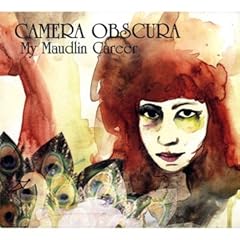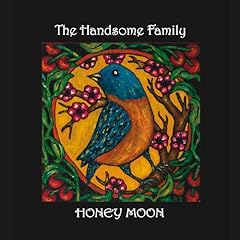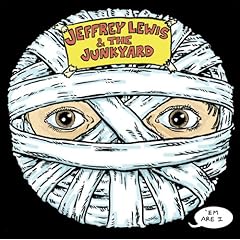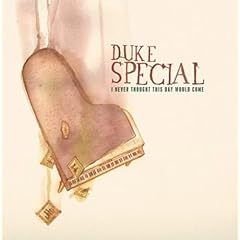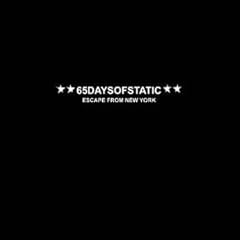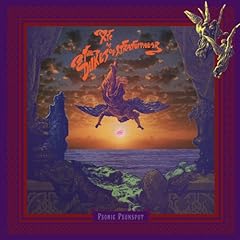Don't take photos of Amy Winehouse
In court yesterday, Amy Winehouse tried to guarantee her privacy:
The order bans leading paparazzi agency Big Pictures from following Winehouse but also refers to any "persons unknown" seeking to photograph the musician outside her home and in other public places if they have pursued her.
This means that any photographers could face prosecution if they follow Winehouse by any means or approach her within 100 metres of her new home, which is near where she lived as a child.
All photographers are also forbidden from taking pictures of her in her home or the home of any members of her family or friends according to the order, which cites the Protection from Harassment Act 1997.
And you can understand why. Although this does seem a little curious - how, exactly, in law is one of Amy Winehouse's "friends" defined? Would merely having been accepted on Faceplace be enough to qualify? Or would there have to be some sort of actual, type-of-friendship-people-had-before-the-internet friendship there? Could a photographer hauled in front of the beak say "your honour, the house was not owned by one of Ms Winehouse's friends, because they'd sold details of when we she was coming round to us..."?
Actually, had the injunction been in place before, would it have made the photos of Amy doing crack (or whatever it was she was up to, or up on) in breach?
And isn't that catch-all "persons unknown" a little worrying? Catch-all court rulings are generally bad ideas, simply because they are catch-all. I'm all for her protecting her privacy, but not in a way that creates a sloppy model which could start being cookie-cutter applied all over the place.
Still, when you read the response of unpleasant stalk-snapper Darryn Lyons, your misgivings melt away:
"We work very firmly within the rules and other paparazzi are using our name," said Lyons, who claims he has received an apology from Winehouse's management about the order. "We are also developing a situation where there is one rule for the rich and famous and another for everybody else – the rich and famous who use the paparazzi when it suits them but complain when they are doing something in public they don't want recorded."
How shocking that people might not want to be photographed except when they want to be photographed.
Lyons has a point - if you ride the tiger, there's every chance you'll discover the saddle will slip and leave you at a disadvantage - but watching him justify his trade is like seeing a jewel thief complaining that, if people don't want their diamonds pinched, they shouldn't make them shiny:
"Whether we like it or not celebrity is very much a part of British culture now and we record aspects of that and what celebrities have to understand is that they need the oxygen of publicity – with these kind of orders many are denying themselves that and they will feel the effects of that."
But to be fair to Winehouse, she isn't famous for being famous, is she? She's pursued because she's a singer. Or used to be.
"These privacy rules are mandated from Europe and they are eroding a tradition of press freedom which people in this country have fought for for centuries."
I would like Lyons to find one example, just one, of where a person has laid down their life in order that the British people might see snatched photos of a drunken woman's pants, or a gameshow host leaving a house in the morning. The only thing more odious than Lyons pretending that he performs any useful 'public right to know' function in British society is seeing him invoke the deaths of others in the name of protecting his business interests.
If people fought and died for anything, surely it was more often against the idea of a nation where your every move could and would be documented by people paid to invade your privacy than the idea that 'girl has drink' is some sort of crusading journalism.







